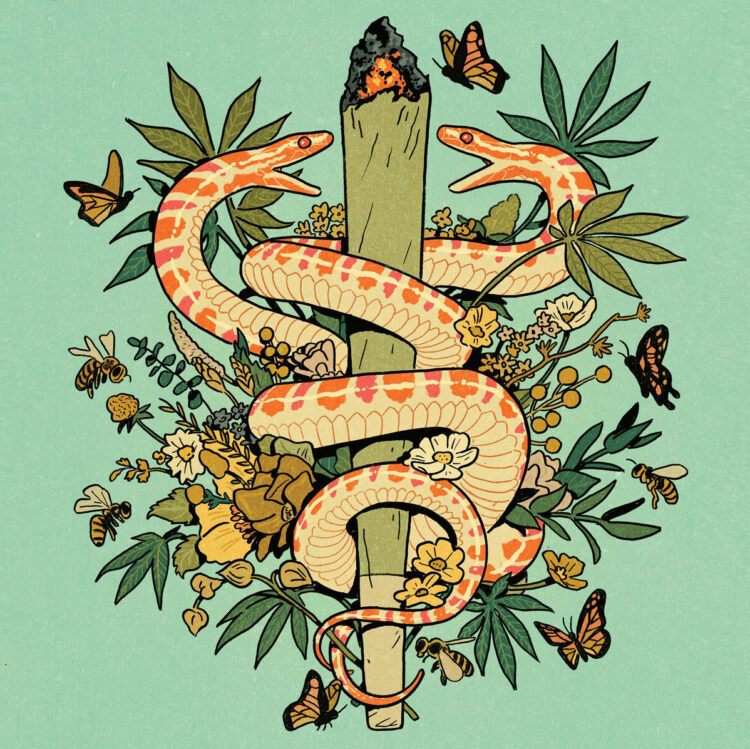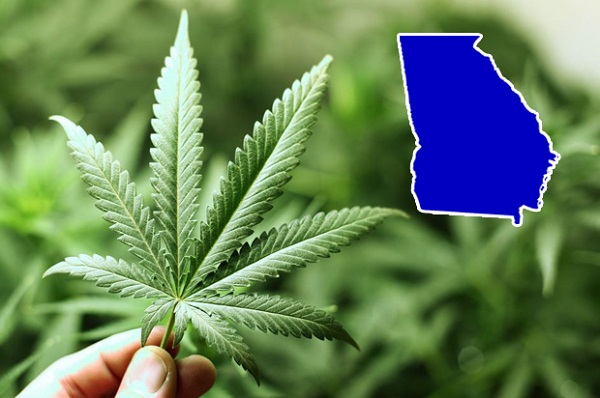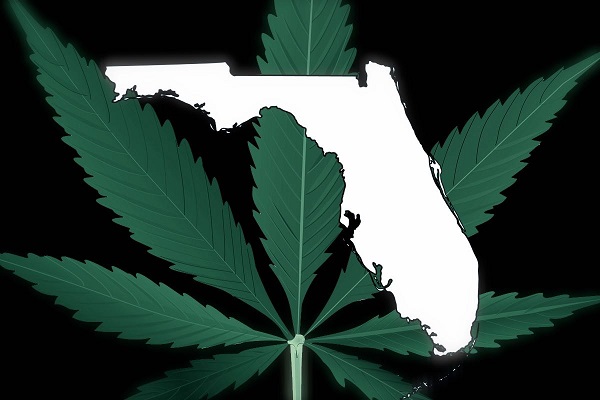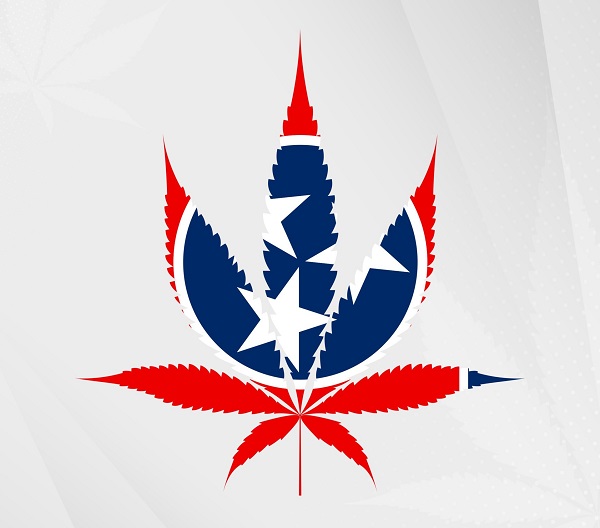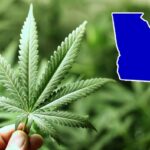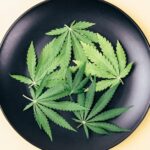Marijuana (cannabis) can be physically addictive for some people who use it. Is thc an addictive substance? Despite relatively widespread beliefs to the contrary, frequent use of marijuana is associated with the development of physiological dependence, pronounced withdrawal symptoms and addiction. Signs of addiction include using more than intended, dereliction of duty in favor of marijuana use, tolerance, and withdrawal symptoms. About 14.2 million people aged 12 and over struggled with marijuana addiction in 2020.
What Is Marijuana?
Marijuana is a mind-altering substance derived from the flowers of the Cannabis sativa plant. It is a greenish-gray dried flower mix that goes by several other names including cannabis, weed, pot, mary jane, bud, herb and ganja. In the United States, marijuana is classified as a Schedule I substance because it has a high potential for abuse and has no FDA-approved medical use.
People smoke marijuana in hand-rolled joints or blunts using pipes or a bong. They may also brew powdered tea or mix it into foods such as gummies, cakes, and biscuits, which are called edibles. In addition, cannabis concentrates made from the microscopic mushroom-like growths surrounding the marijuana flower can contain very high levels of delta-9-tetrahydrocannabinol (commonly referred to as THC), the ingredient in marijuana that causes mind-altering effects. These THC-rich marijuana products can be inhaled through vapes or through a process known as dabbing.
Effects of Marijuana
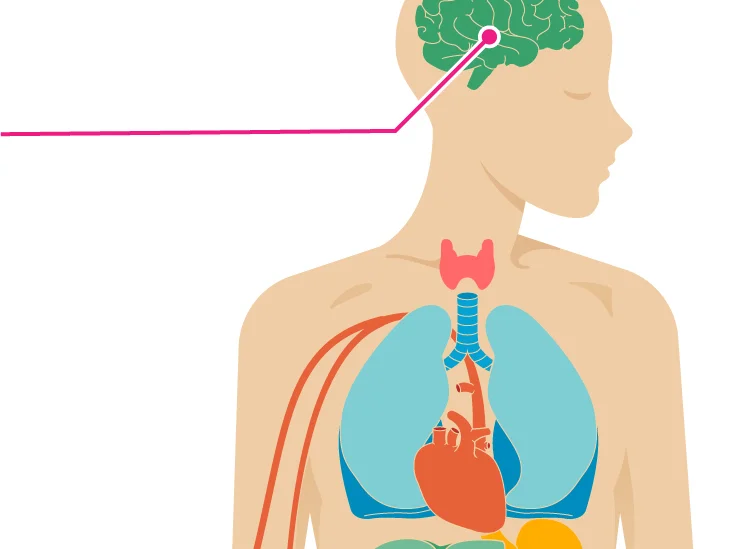
Depending on the route of administration, a person can experience the effects of marijuana almost immediately once THC and other chemicals enter the bloodstream from the lungs and are carried throughout the body and brain. Eating edibles or drinking it in the form of a tea will cause it to work within an hour as it passes through the digestive system first.
The effects a person feels after using marijuana vary. Some experience a feeling of pleasant euphoria, changes in sensory perception, altered perception of time, and increased appetite. Others may experience anxiety, panic, or fear.
Is Marijuana Addictive?
Yes, marijuana can be addictive. Although not everyone who uses marijuana becomes dependent on it, it is possible to develop a marijuana addiction or a cannabis use disorder. In 2020, approximately 14.2 million people aged 12 years and over met diagnostic criteria for cannabis use disorder in the past year, who start using marijuana before the age of 18.
A person who regularly uses marijuana may develop a cannabis use disorder, in which cannabis use becomes uncontrollable and begins to interfere with normal functioning, such as inability to perform role responsibilities at home or work, physical dependence, and health problems. Cannabis use disorder can range from mild to moderate and to severe. Severe forms of cannabis use disorder are often referred to as marijuana/cannabis addiction because of the compulsive behavior associated with drug use, despite the negative impact it has on aspects of a person’s life, including significant impairment in all areas of life, such as interpersonal relationships, work and/or study.
Why Is Marijuana Addictive?
Chronic cannabis use is associated with physiological changes in the brain that may contribute to continued marijuana use. The main psychoactive ingredient, THC, appears to be responsible for marijuana’s reinforcing properties and is a major contributor to marijuana addiction. Empirical studies have shown that THC stimulates neurons and reward systems above what is normally seen in response to natural reward stimuli. Changes in dopamine signaling or dopamine levels are commonly associated with other addictive drugs.
Signs of Marijuana Abuse and Addiction
Signs that a person may be using marijuana may include changes in his general behavior, such as unusually giggling or incoherent behavior, difficulty remembering what just happened, or detecting marijuana-related paraphernalia such as pipes, cigarette rolls, and e-cigarette pens. If their use becomes regular, intense, and continues for a long period, they may develop a cannabis use disorder.
cannabis, some of the diagnostic criteria for cannabis use disorder include:
- Failure to control or reduce marijuana use.
- Spending a lot of time getting marijuana, using it, and recovering from exposure to it.
- Difficulty performing duties at work, school, or home due to marijuana use.
- Neglecting social, professional, or recreational activities in favor of marijuana use.
- Continue using marijuana even if it causes physical or psychological problems.
- Development of withdrawal symptoms when slowing down or stopping use.
Marijuana Withdrawal
People who use marijuana for an extended period and then drastically reduce or quit marijuana use may experience marijuana withdrawal symptoms, which may include irritability, anxiety, insomnia, drug cravings, decreased appetite, and disturbing dreams.
Marijuana Addiction Statistics: How Many People Are Addicted?
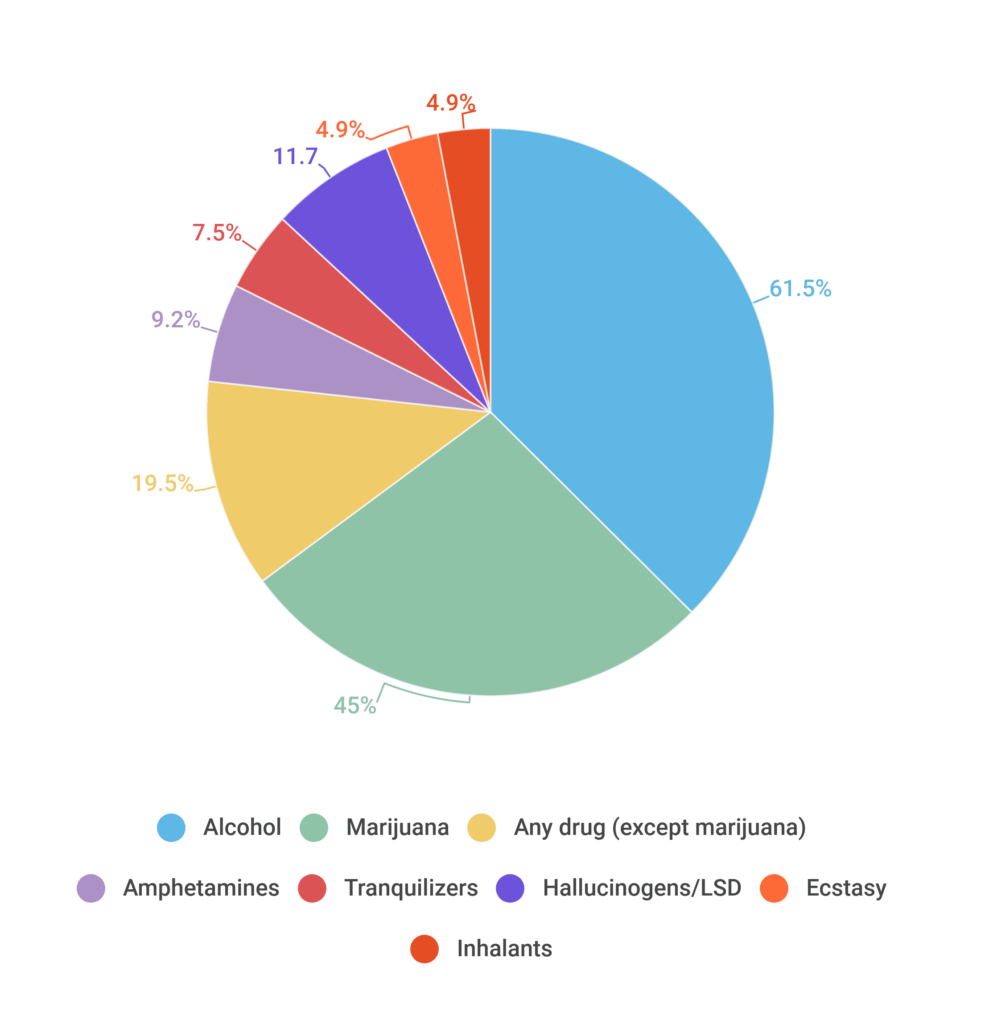
The National Survey on Drug Use and Health (NSDUH) is one of the most comprehensive and reliable sources of information on drug use patterns in America. According to the 2020 NSDUH, marijuana is the most commonly used illicit drug in the country. The survey also showed that:
- In the 12+ age group, approximately 49.6 million Americans used marijuana in the year prior to the survey (that’s almost 18% of that population).
- An estimated 32.8 million Americans aged 12 and over used marijuana in the past month.
According to the National Institute on Drug Abuse (NIDA), approximately 30% of marijuana users have some form of marijuana use disorder. The age of onset of marijuana use may affect the likelihood of dependence. People who start using marijuana during adolescence are 4 to 7 times more likely to develop a marijuana use disorder than people who start using marijuana as an adult.
In 2020, about 14.2 million people aged 12 and over had a marijuana use disorder in the last year, about 5.1% of that population.1 This percentage has increased in recent years.
Advice for help
In 2019, 11% of people who received substance use treatment reported marijuana as their primary substance of use. 13 Treatment for cannabis and other substance use disorders should be tailored to the individual, easily accessible, and address any co-occurring conditions (including other mental disorders, such as anxiety or depression).
Some of the treatment options and settings available include:
- Behavioral therapy. Behavioral therapy includes cognitive behavioral therapy, a type of therapy that focuses on learning new strategies to change behaviors associated with substance use, increase self-control, and deal with associated problems. Other types of behavioral therapy include contingency management, which includes frequent monitoring of behavior and the encouragement of positive behaviors such as quitting marijuana, and motivation enhancement therapy, which focuses on increasing a person’s intrinsic motivation to change and participate in treatment.
- Pharmacological treatment. There are no FDA-approved drugs to treat marijuana addiction. Medications may be prescribed to treat other problems associated with marijuana addiction, such as medications for sleep problems or comorbid psychiatric disorders such as anxiety or depression.
- Detoxification. Detox is often an important first step for many people who want to stop using psychoactive substances. The goal of detox is to help a person cope with withdrawal symptoms, as the drug is safely eliminated from the body.
- Ambulatory treatment. Outpatient treatment refers to settings in which various treatment options are provided, such as behavioral therapy. Outpatient treatment includes regular meetings with a psychotherapist and attendance at individual and group consultations and therapy sessions, but every day returning home or to a sober living environment.
- Hospital treatment. Inpatient treatment requires the person to live in the facility during treatment and follow a structured treatment plan that includes behavioral therapy, individual and group counseling, education, and more.
- Aftercare. Aftercare programs aim to continue care after a person has completed formal treatment. Postoperative care programs can include a number of different elements and are customized to suit the individual’s treatment goals. Their main goal.
How Long is Marijuana in Your System?
THC, a highly fat-soluble compound, has a very long half-life—the amount of time it takes the concentration of THC in the body to decrease by half. How long residual THC levels remain in the body depends on an individual’s marijuana use. For example, one study found that the half-life was 1.3 days for individuals who infrequently used marijuana. More frequent use showed a half-life of somewhere between 5 and 13 days.
How Does Your Body Process THC?
THC is absorbed into various body tissues and organs (e.g., the brain, heart, and in fat) or metabolized by the liver into 11-hydroxy-THC and carboxy-THC (metabolites). About 65% of cannabis gets excreted through feces and 20% leaves the body through urine.1 The rest is stored in the body.
Over time, THC that is stored in body tissues is released back into the bloodstream, where it is eventually metabolized by the liver.1 In chronic marijuana users, THC builds up in fatty tissues faster than it can be eliminated, so THC can also show up on a drug test many days or even weeks after an individual uses it.

